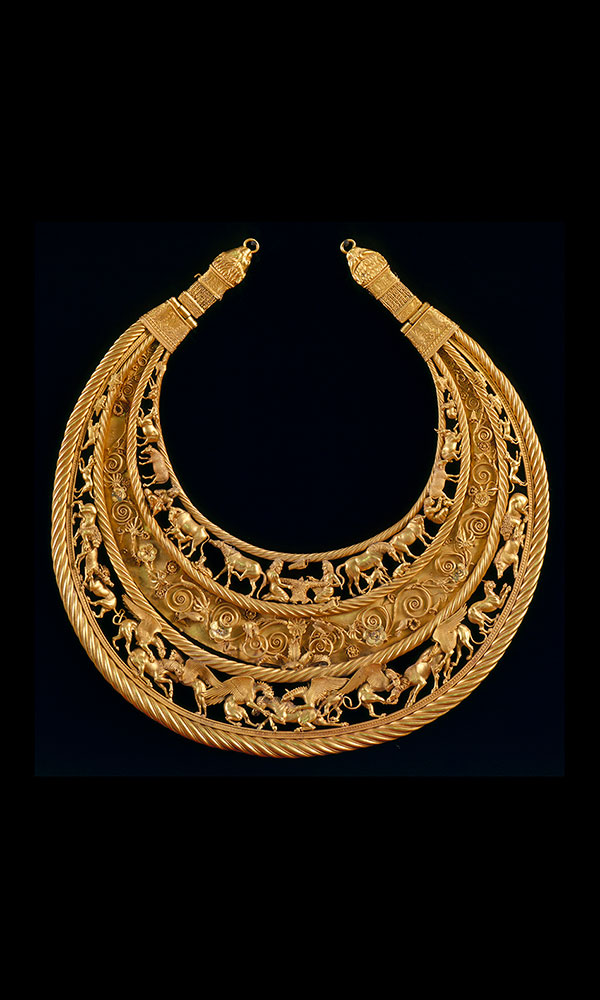GLOUCESTER, ENGLAND—Gloucestershire Live reports that archaeologists digging ahead of a development project in southwest England have found Roman bricks dating to the third and fourth centuries. The bricks are thought to have been used to construct buildings in the ancient city of Glevum, and then reused to reinforce the banks of the River Twyver when those buildings were demolished. “It was clear from this dig that flooding has always been an issue Gloucester has had to deal with,” says city archaeologist Andrew Armstrong. Evidence uncovered during the investigation also suggests that during the medieval period, the area along the riverbank was a meadow or marshland that was still prone to flooding. The team has been looking for evidence of White Friars, a medieval monastery, but they now think this area would have been too boggy and therefore unsuitable. To read about another recent Roman discovery in England, go to "A Villa under the Garden."
Romans Reused Bricks for Flood Defense
News August 29, 2016
Recommended Articles
Digs & Discoveries March/April 2023
Early Medieval Elegance
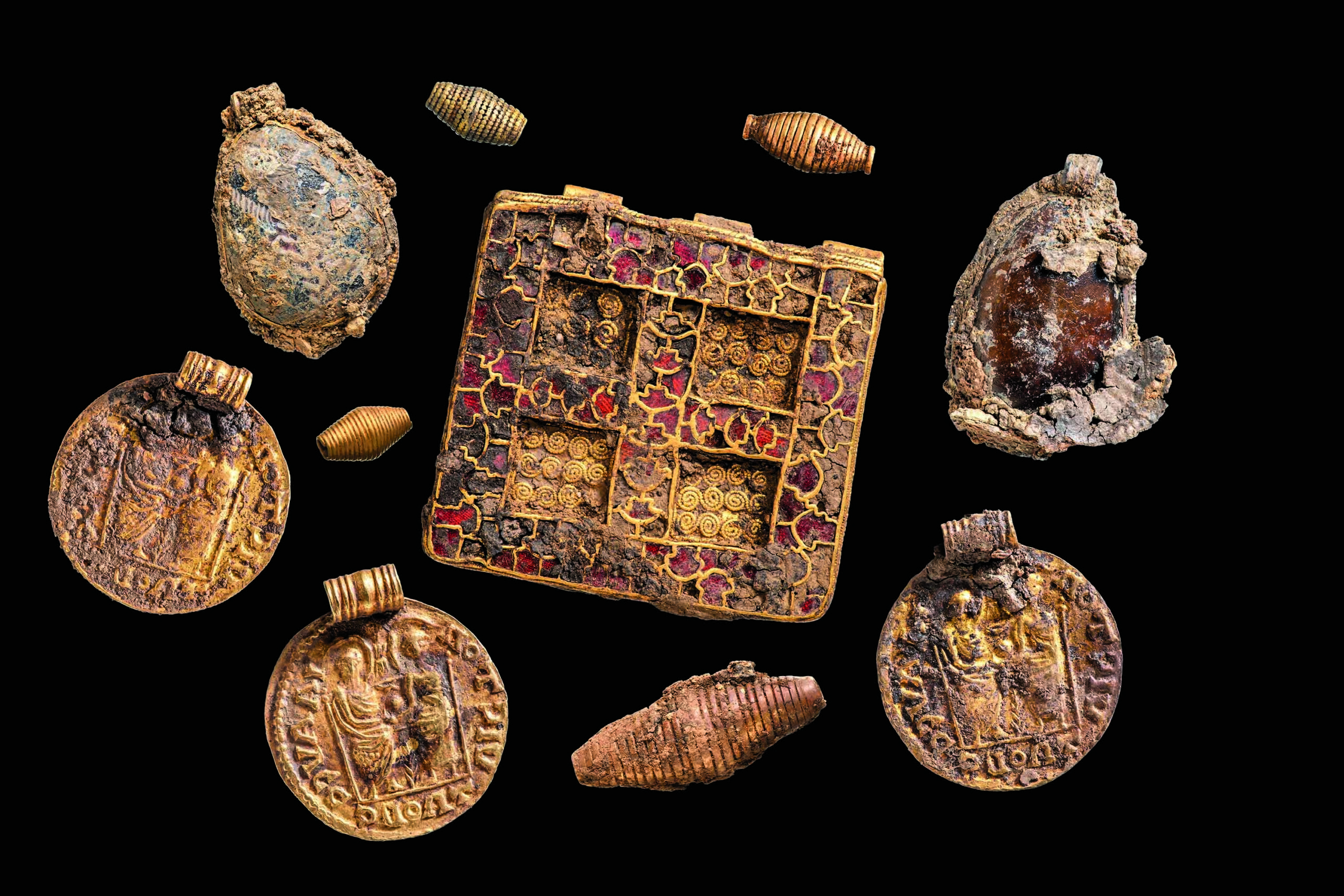
Artifacts January/February 2022
Roman Key Handle
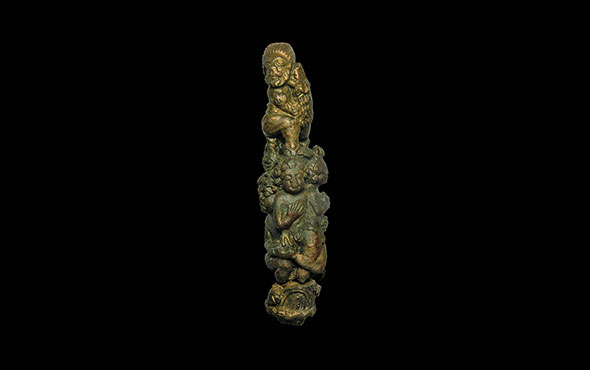
Digs & Discoveries November/December 2021
Identifying the Unidentified
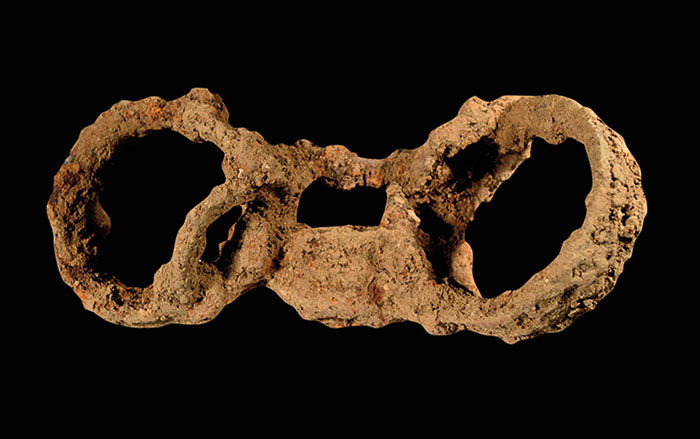
Digs & Discoveries September/October 2021
Leisure Seekers
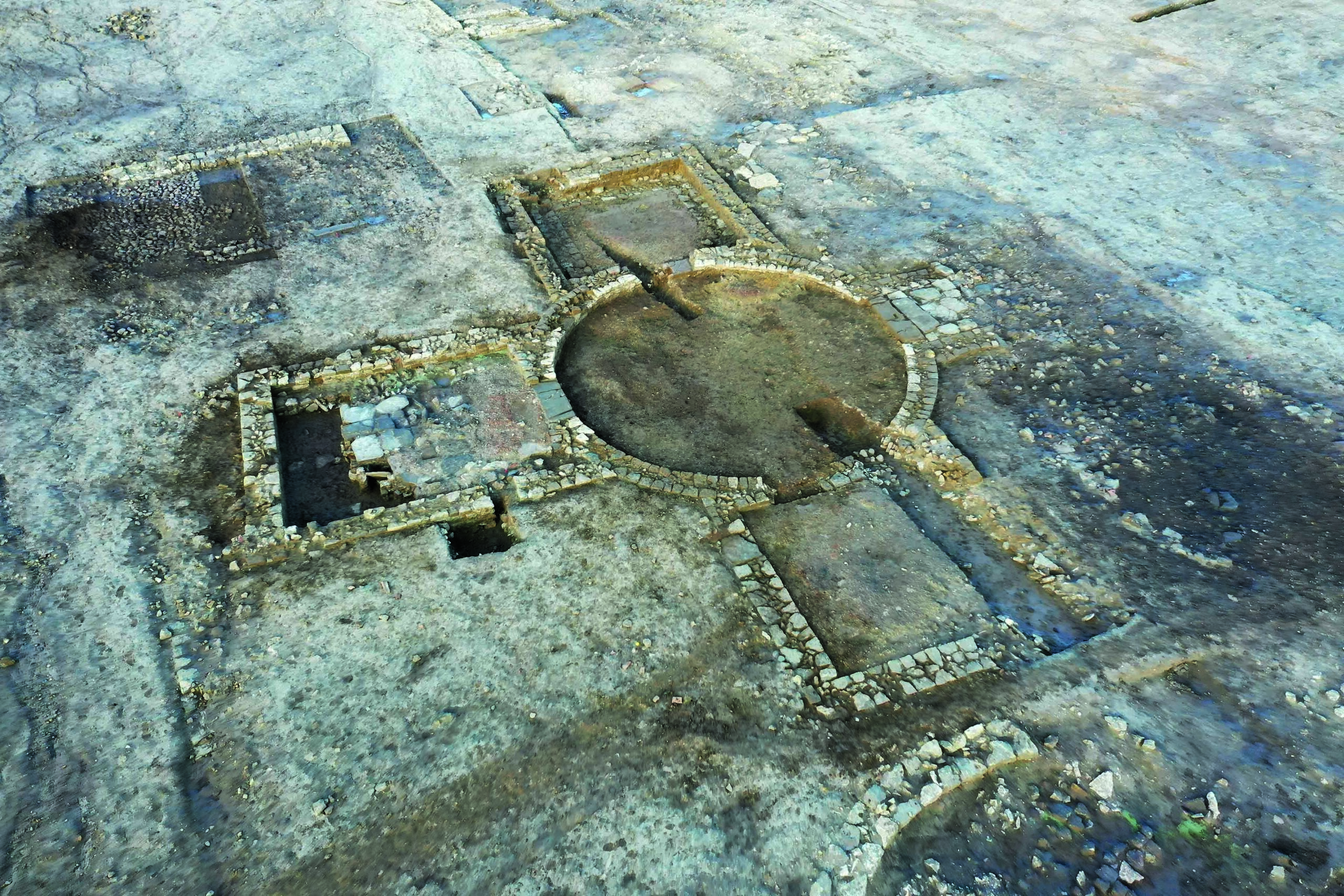
-
Features July/August 2016
Franklin’s Last Voyage
After 170 years and countless searches, archaeologists have discovered a famed wreck in the frigid Arctic
 (Courtesy Parks Canada, Photo: Marc-André Bernier)
(Courtesy Parks Canada, Photo: Marc-André Bernier) -
Letter from England July/August 2016
Stronghold of the Kings in the North
Excavations at one of Britain’s most majestic castles help tell the story of an Anglo-Saxon kingdom
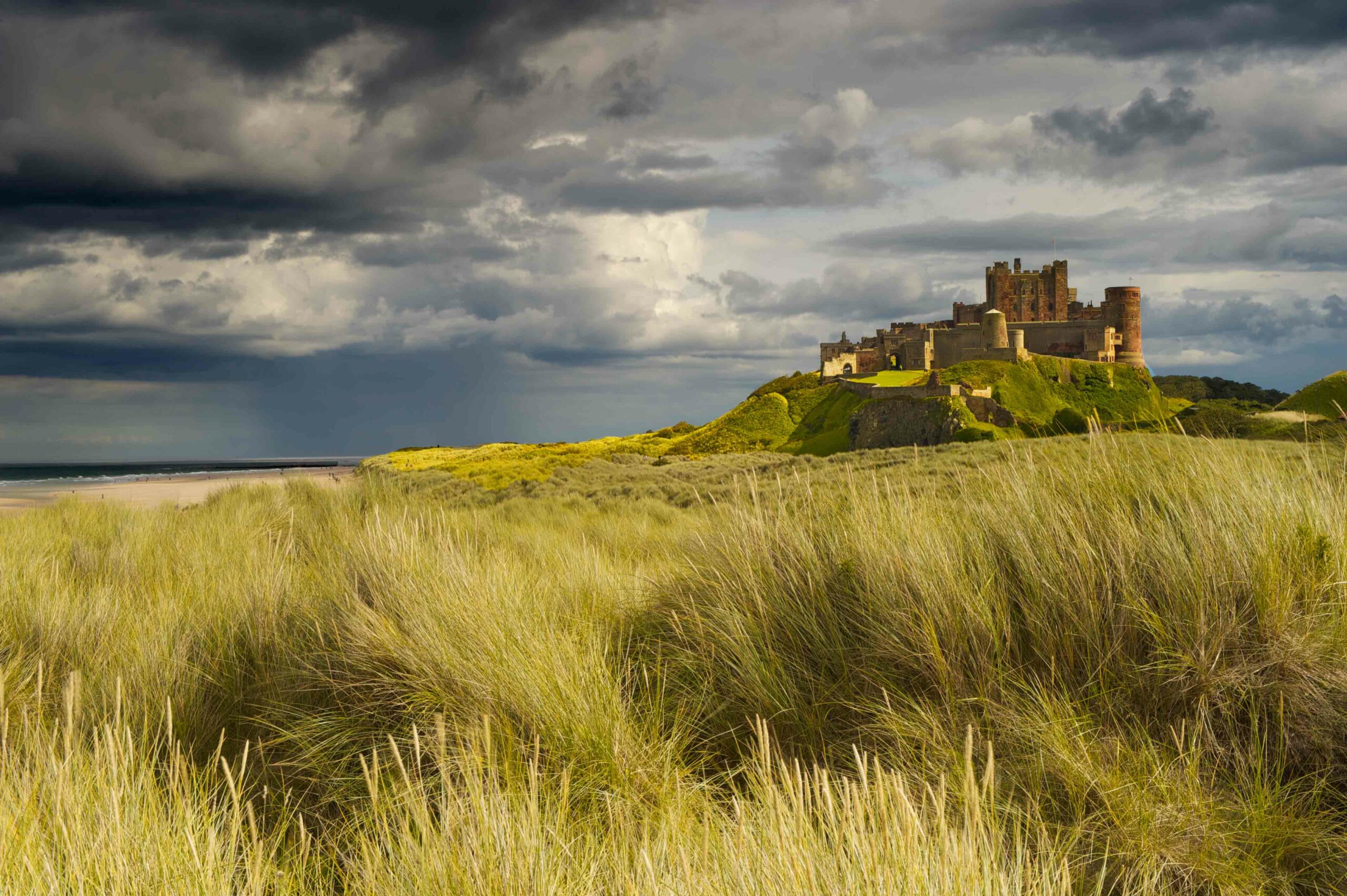 (Colin Carter Photography/Getty Images)
(Colin Carter Photography/Getty Images) -
Artifacts July/August 2016
Spanish Horseshoe
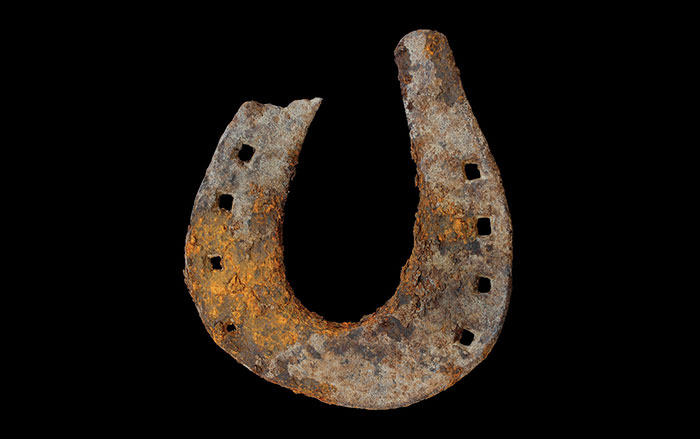 (Courtesy Peter Eeckhout)
(Courtesy Peter Eeckhout) -
Digs & Discoveries July/August 2016
Is it Esmeralda?
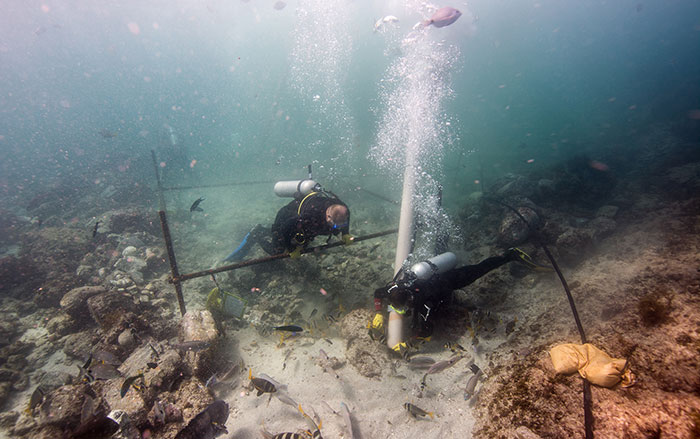 (Courtesy David Mearns)
(Courtesy David Mearns)



